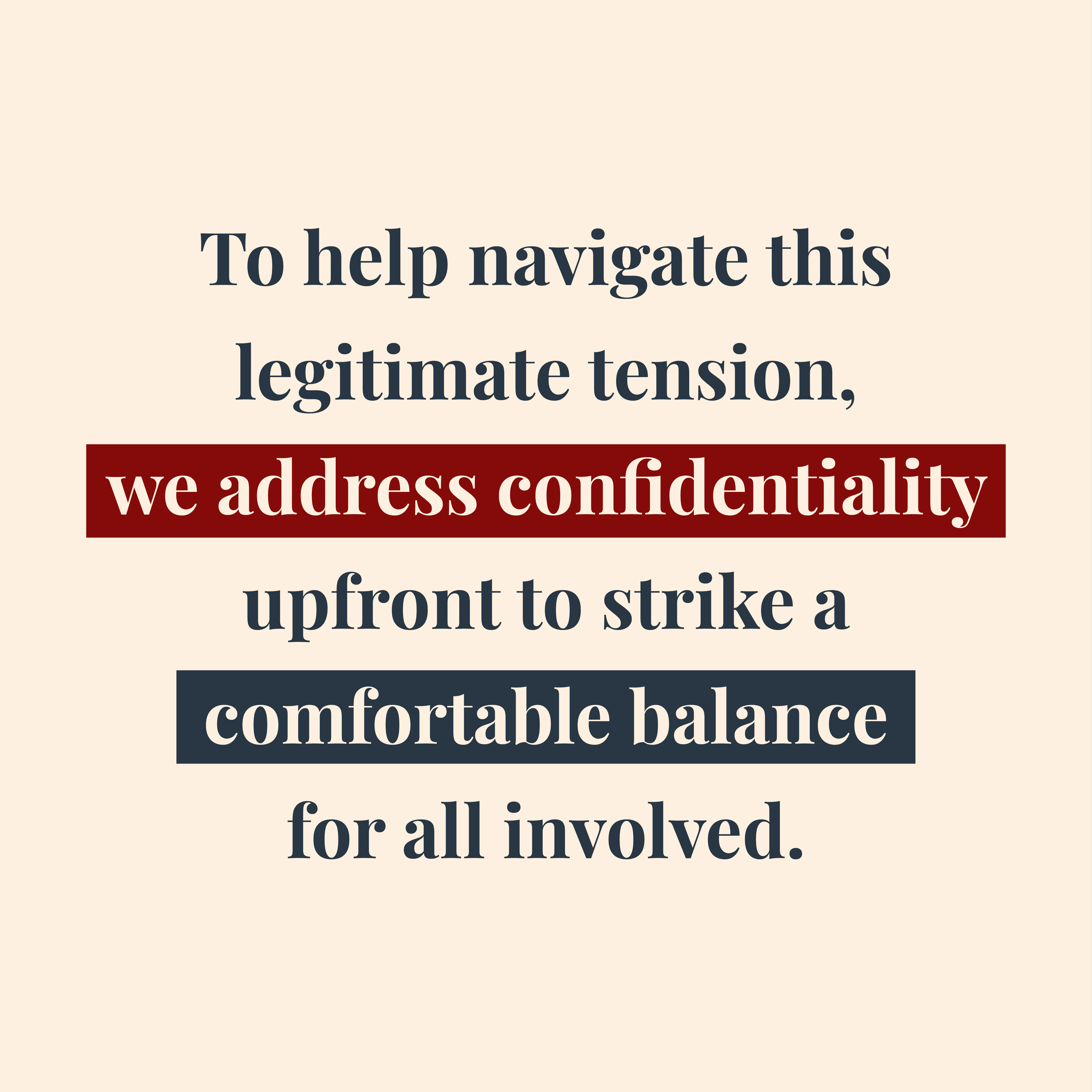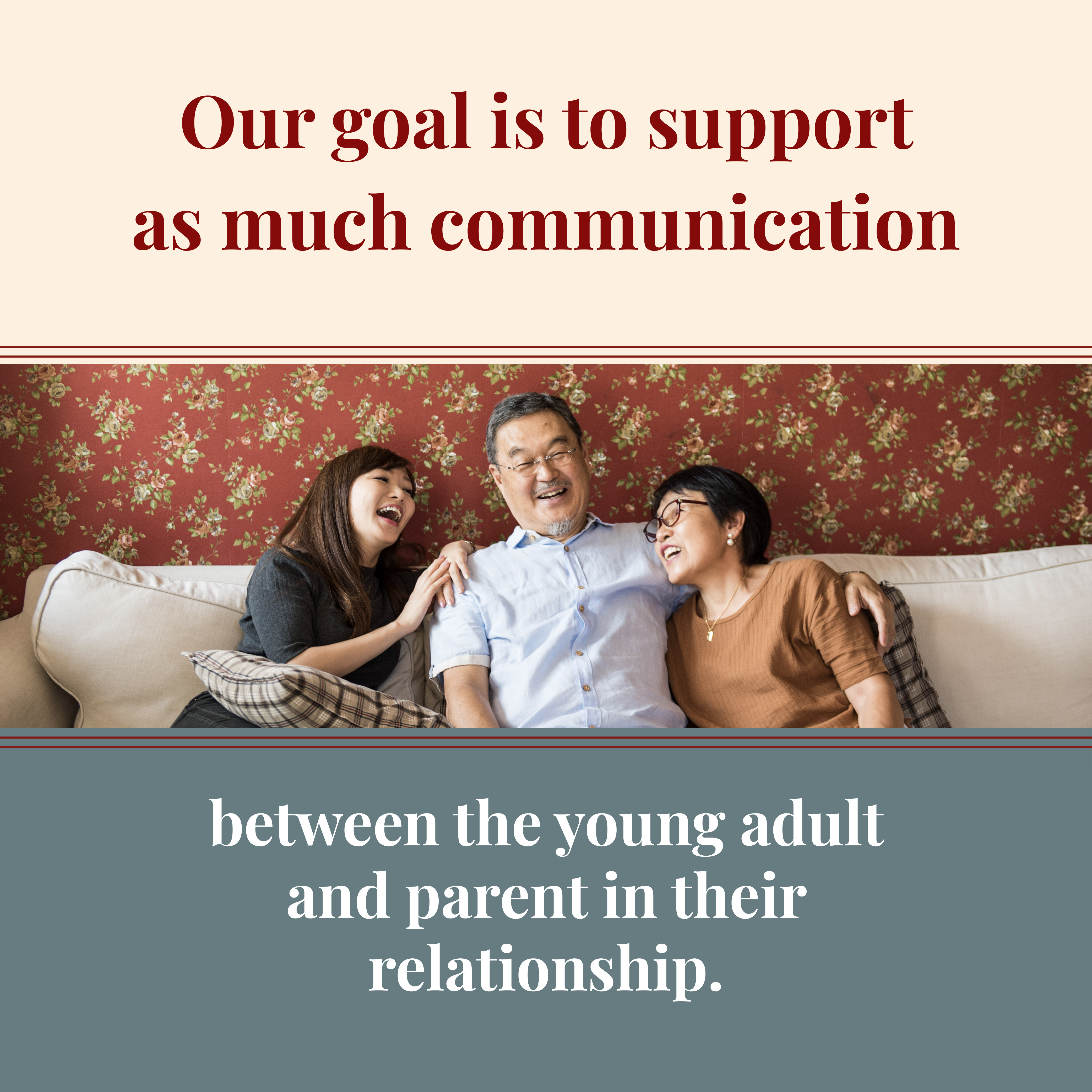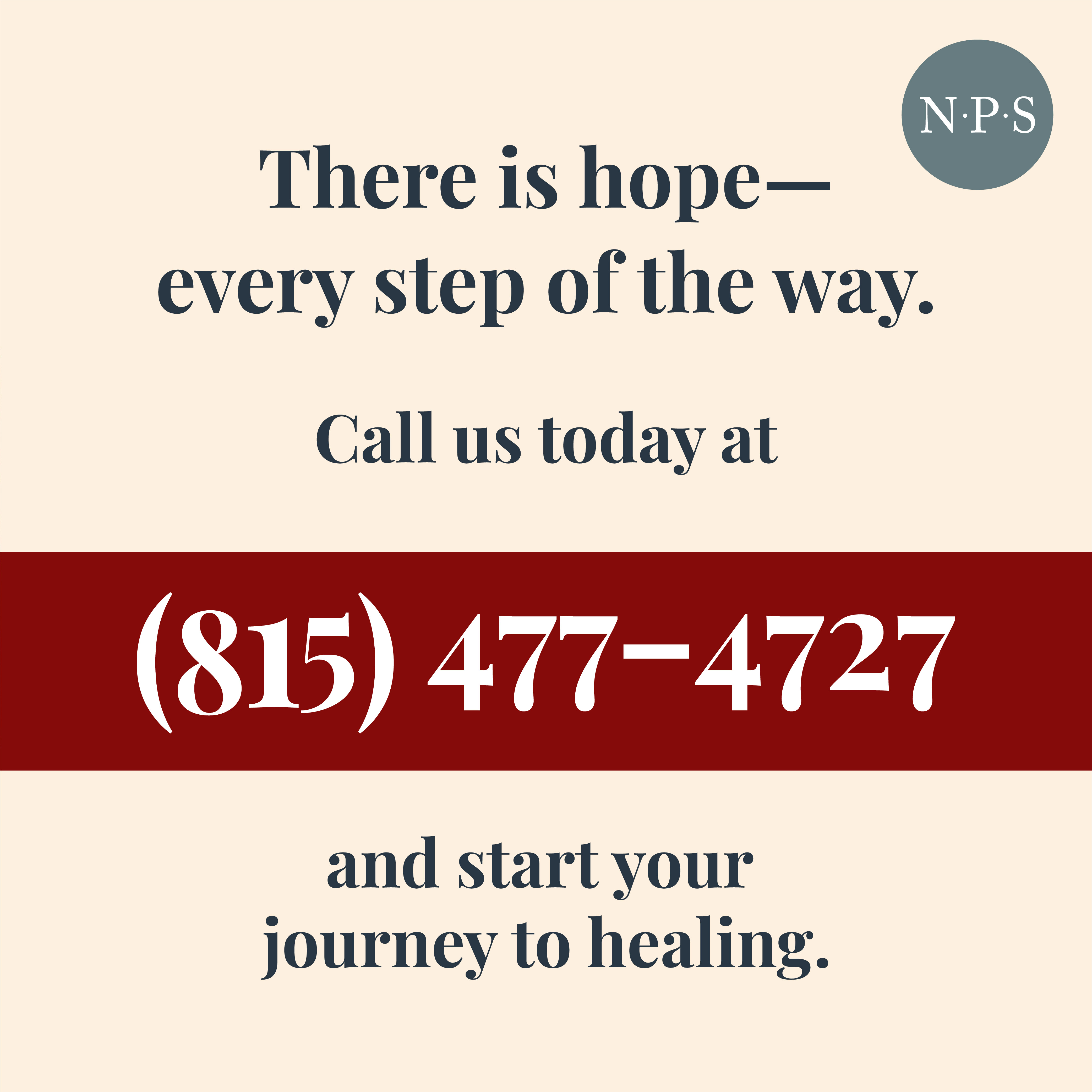Counseling Helps Young Adults Strengthen Social Skills
It’s not possible to quantify the importance of social skills for young adults. In this phase of life, the ability to communicate and interact with others is a make-or-break detail. It has the potential to impact relationships, academics, and even future careers. The term “social skills,” includes everything from empathy to active listening, and body language.

Fortunately, young adults who find themselves lacking in this area can learn and improve. Over time, it is possible to build stronger and healthier interpersonal skills. With practice, you'll discover a greater ability to understand and relate to others.
At home, a young adult who wants to build upon their social skills may practice these habits:
- Asking other people open-ended questions
- Engaging in daily conversations
- Giving peers positive feedback or compliments
- Playing board games with loved ones
We find that a little bit of practice goes a long way, especially when it comes to feeling more comfortable in social situations. If you are still struggling to develop your interpersonal skills, you may also find it helpful to work with a young adult counselor.
Why Some Parents Are Concerned
The phase between adolescence and adulthood is notoriously challenging. Today’s teens and young adults face more difficulties than ever before, in large part due to technology and social media. Many parents have observed that their children are spending more time on screens and less time building real-life relationships.
It’s been long established that humans need social connections. While virtual relationships can sometimes be of value, they cannot replace the depth and complexity of face-to-face communication.
If you believe your young adult child is suffering from a lack of socialization, you aren’t alone. Many modern parents believe technology is having a negative effect on young people’s interpersonal skills. And because poor social skills correlate with poor mental and physical health, the consequences can sometimes be disastrous.
The Social Skills Learned in Counseling
Thankfully, counseling is a tried and tested approach to building social skills in young adults. No matter how far behind a person may seem, there is always hope and potential for improvement. In fact, social skills are something that can be taught and developed, contrary to how it may feel. Just like riding a bike or swimming freestyle, it’s never too late to learn how to connect with others.
Believe it or not, many of our clients (of all ages) seek counseling because they believe they have poor interpersonal skills. We’d venture to say that most people, no matter how gregarious or comfortable they may appear, feel awkward in certain social situations. If you would describe yourself as shy, socially anxious, or introverted, you aren’t alone. Here are the kinds of skills that can be taught and strengthened during your next counseling session.
Communication
Of all the line items on the list of social skills, communication is perhaps the most important. Without strong communication skills, it is really difficult to connect and interact with others. There are both verbal and nonverbal ways to communicate with the people you meet. Both can be addressed and built upon in counseling.
Counseling is a safe space to learn about yourself and process the events that have made you who you are. Discovering how to communicate these details will be a natural by-product of your sessions with a counselor. What’s more, your counselor will give you greater awareness and education as to what constitutes healthy communication. You will also have many opportunities to practice this new skill in a comfortable environment.
Relationship Building
Once you are better able to communicate with others, the next step is building strong and healthy relationships. A counselor will help you become more self-aware and self-accepting. As a result, you’ll have a better understanding of what you need from your relationships. Contrary to how it may feel, knowing your own emotions and triggers is a huge first step in building stronger connections with other people.
Emotional Intelligence
On that note, emotional intelligence (EI) is a social skill that is often overlooked. Without EI, it’s difficult to recognize, understand, and manage your own emotions, let alone find ways to empathize with the emotions of others. Fortunately, counseling can help you do both.
Your counselor will help you navigate and explore your own emotional landscape. Over time, you’ll develop the ability to recognize and name the various emotions you experience. From there, you will learn the tools needed to manage and regulate those emotions. From meditation to mindfulness, deep breathing, and cognitive restructuring, there are a number of different techniques that may work for you.
Problem Solving and Self Management
Communicating with others, building healthy relationships, and understanding your emotions will only get you so far. Without problem-solving and self-management skills, all the work you’ve done to build a healthy social life could crumble at the first sign of trouble. Don’t worry: your counselor can help you develop these skills too.
Regular counseling can help you feel confident in your ability to navigate life’s challenges. Through practice, you’ll learn how to identify problems, generate a list of solutions, and implement the best strategy for moving forward.
Perhaps the best aspect of counseling is that it can address many of the challenges you face at the same time. So if a lack of social skills co-occurs with a mental health condition like depression, anxiety, or trauma, this is a seamless way to improve your health and develop your skills in all areas.
Finding the Right Counselor Is the First Step
Finding the right counselor is important no matter your age. But if you fall into the category of young adulthood, it’s more vital than ever to find a professional who understands and has experience with the unique challenges you face.
This is the very reason why NPS makes meeting and getting to know your counselor such a high priority. In fact, we offer free 15-minute meet and greets for all new clients–to ensure we get started on the right foot. If you’re ready to tell us more about yourself, or your loved one, simply call our team at (815) 477-4727. We will arrange a time for you to meet with a counselor and talk through your therapy needs, free of charge.
Are you ready to take the next step?
CONTACT US AND SCHEDULE YOUR FIRST APPOINTMENT TODAY.









